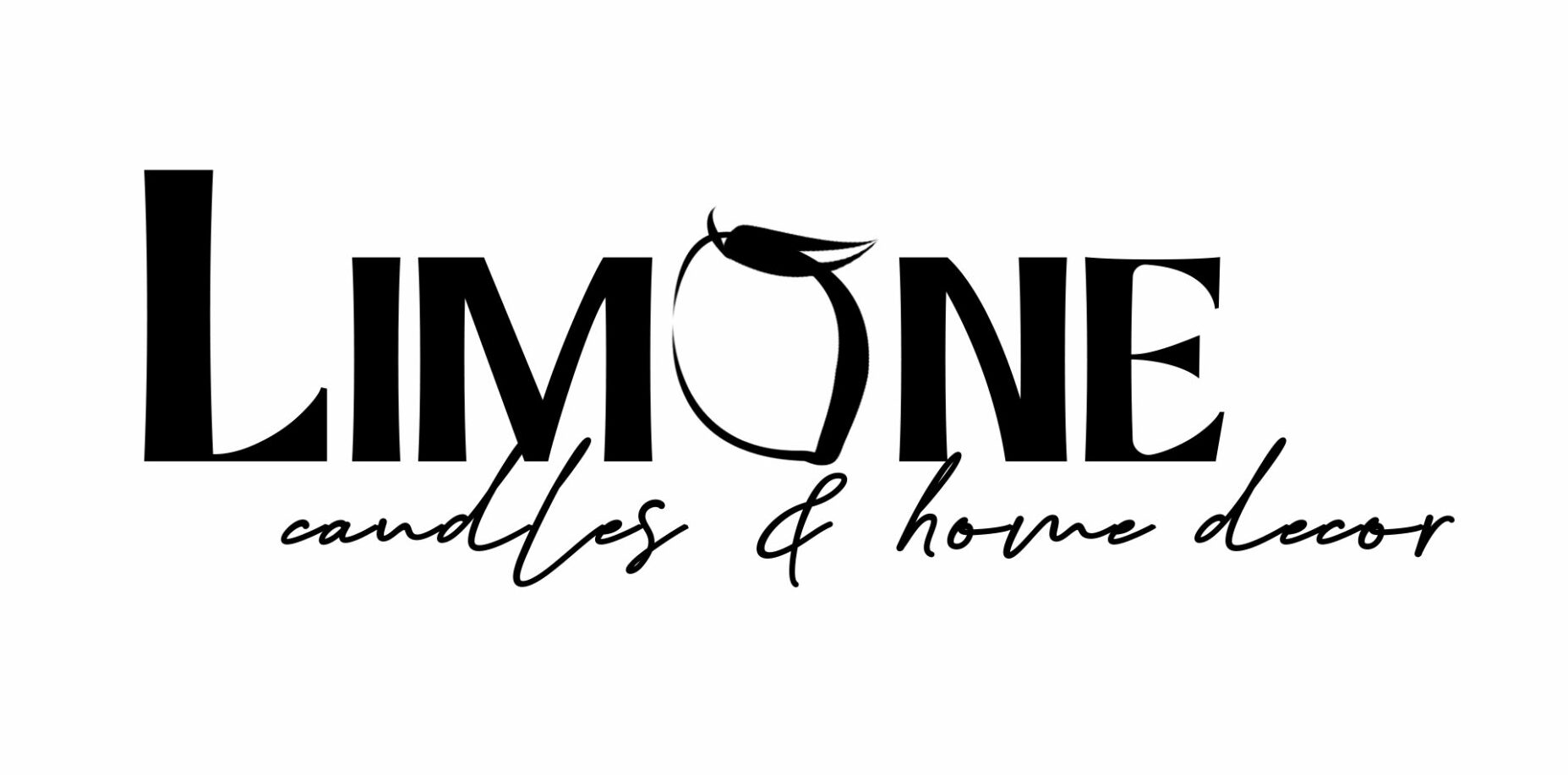Candle-making is a fascinating and creative hobby that brings joy to many. However, even the most experienced candle makers can sometimes make mistakes that impact the quality and appearance of their creations. In this post, we’ll cover the 10 most common candle-making mistakes and offer tips on how to avoid them, ensuring your candles turn out beautifully every time. 🙂
Choosing the wrong wick
Selecting the correct wick is fundamental to ensuring your candle burns properly and evenly. If the wick is too small, your candle may tunnel, leaving a ring of unburned wax around the edges and reducing the overall burn time. On the other hand, a wick that’s too large can cause the flame to burn too hot, leading to excessive smoking, soot buildup, and even a flickering flame. To avoid these issues, it’s crucial to match the wick size and type to the diameter of your candle and the kind of wax you’re using. Experimenting with different wicks during test batches can also help you find the perfect fit for your specific candle formulation.
Want to learn how to choose the perfect wick for your candles? Check out our post here: How to Choose the Right Cotton Wick for Your Candle
Incorrect wax selection
The type of wax you choose has a significant impact on the appearance, burn time, and scent throw of your candles. Different waxes have unique melting points and characteristics. For example, soy wax is known for its clean burn and natural appearance, making it popular for eco-friendly candles, but it can be more challenging to work with due to its lower melting point. Parafin wax, on the other hand, is easier to handle and provides vibrant colors and strong scent throw, but is less environmentally friendly. Beeswax offers a natural, honey-like scent and longer burn time, but is more expensive. Understanding the properties of each wax and how they align with your desired candle outcome is key to creating a candle that meets your expectations.
Curious about which wax is right for your project? See our guide here: How to Choose the Right Wax for Your Candle
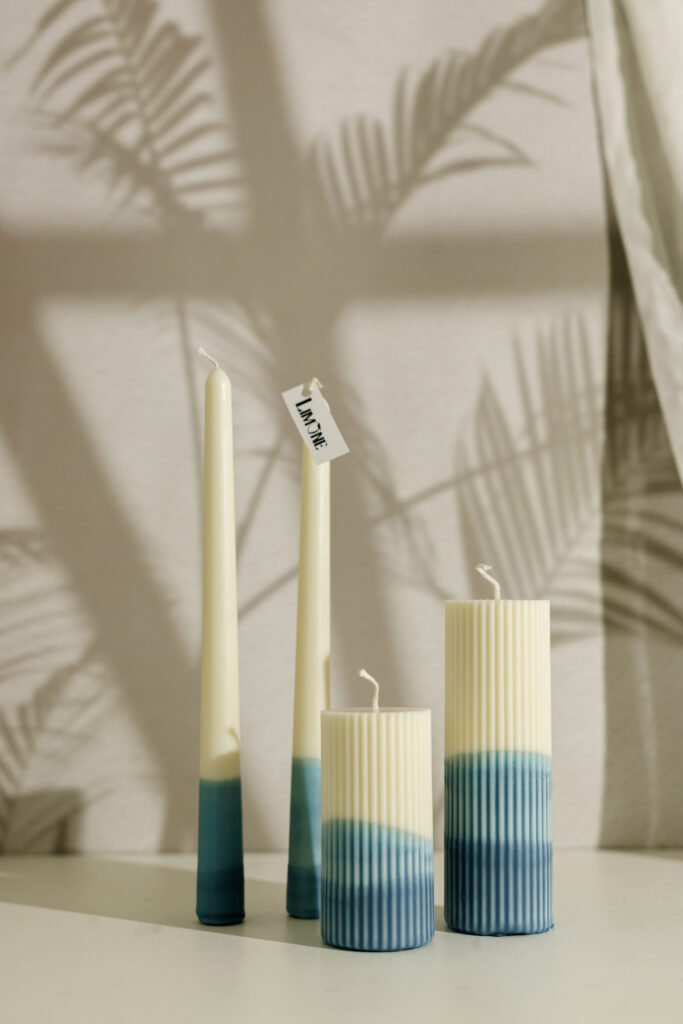
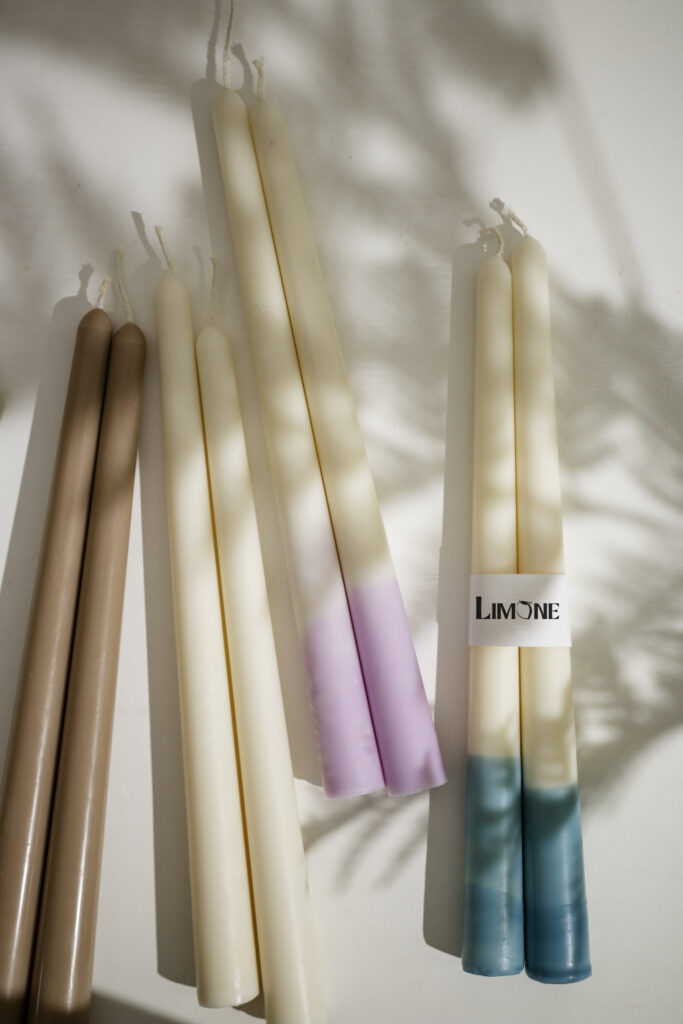
Common Candle Making Mistakes
Overheating the wax
Overheating wax is a common mistake that can result in several problems, from discoloration and burning to fire hazards. Each type of wax has a recommended melting temperature that should be closely adhered to. If the wax is heated too quickly or too high, it can cause the color to darken, the fragrance to dissipate, or, in extreme cases, the wax can catch fire. To avoid this, always melt your wax slowly and evenly, ideally using a double boiler or microwave with careful monitoring. Stir the wax frequently to ensure even heat distribution, and never leave it unattended while heating.
Adding fragrance too late
Timing is everything when it comes to adding fragrance oils or essential oils to your candle wax. Adding them too late, when the wax has cooled too much, can prevent the oils from fully integrating, leading to an uneven scent distribution and a weak fragrance throw. For the best results, add your fragrance oils at the recommended temperature for your wax type, usually around 60-70°C (140-160°F), and stir thoroughly to ensure the scent is evenly distributed throughout the wax. This will help create a candle with a consistent and long-lasting fragrance.
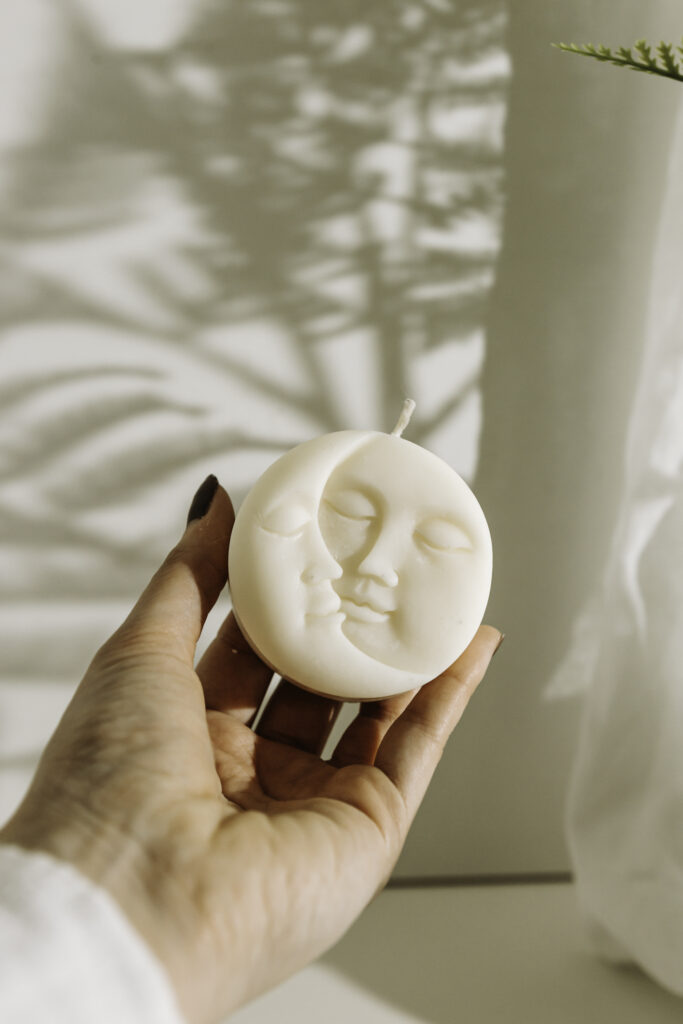
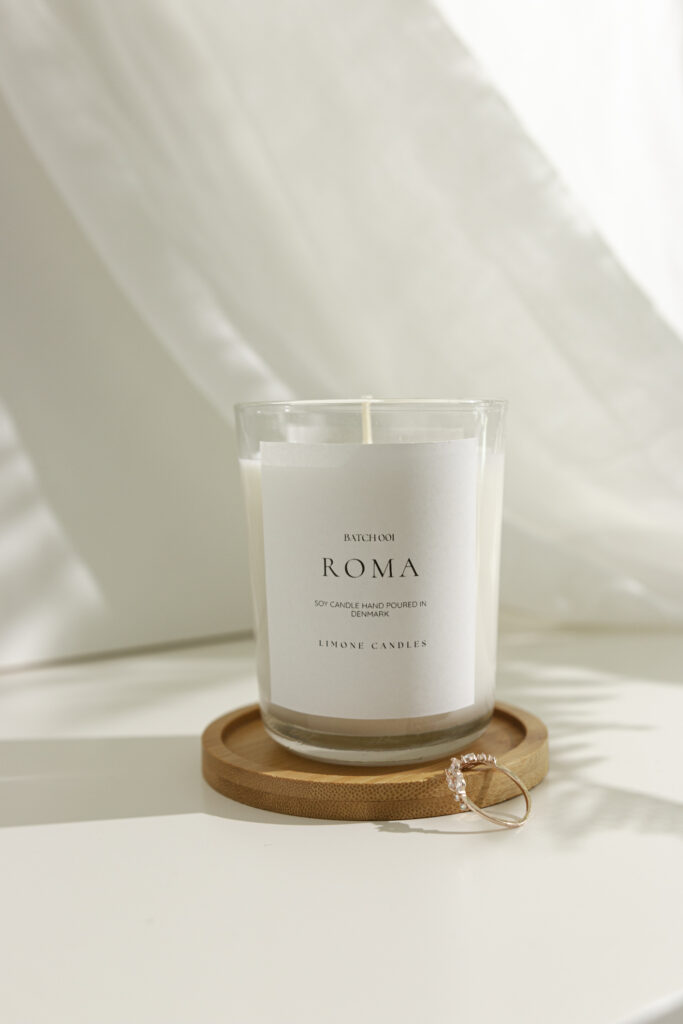
Common Candle Making Mistakes
Pouring at the wrong temperature
The temperature at which you pour your wax into the container is critical for achieving a smooth, even surface and proper adhesion to the sides of the container. Pouring wax that’s too hot can cause it to pull away from the sides of the container as it cools, leading to unsightly gaps and uneven surfaces. Conversely, pouring wax that’s too cool can result in cracks or poor bonding. To achieve the best results, always follow the recommended pouring temperature for your specific wax and additives, which is typically slightly lower than the melting point. This ensures the wax cools at a controlled rate, creating a smooth, even finish.
Ignoring safety precautions
Candle-making involves working with hot wax, open flames, and potentially flammable materials, so safety should always be a top priority. Failing to take proper precautions can lead to accidents, burns, or even fires. Always work in a well-ventilated area to avoid inhaling fumes, and wear protective gear like gloves and goggles to protect your skin and eyes from hot wax. Keep your workspace free of clutter and flammable materials, and never leave a melting pot of wax unattended. Additionally, always have a fire extinguisher or a container of baking soda nearby in case of emergency.
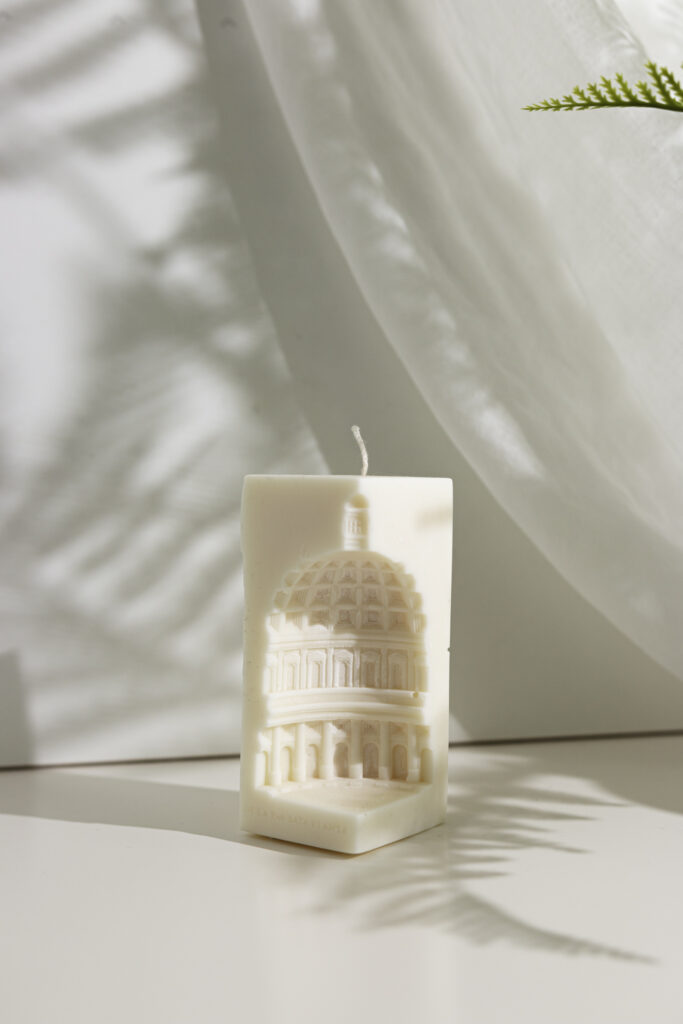
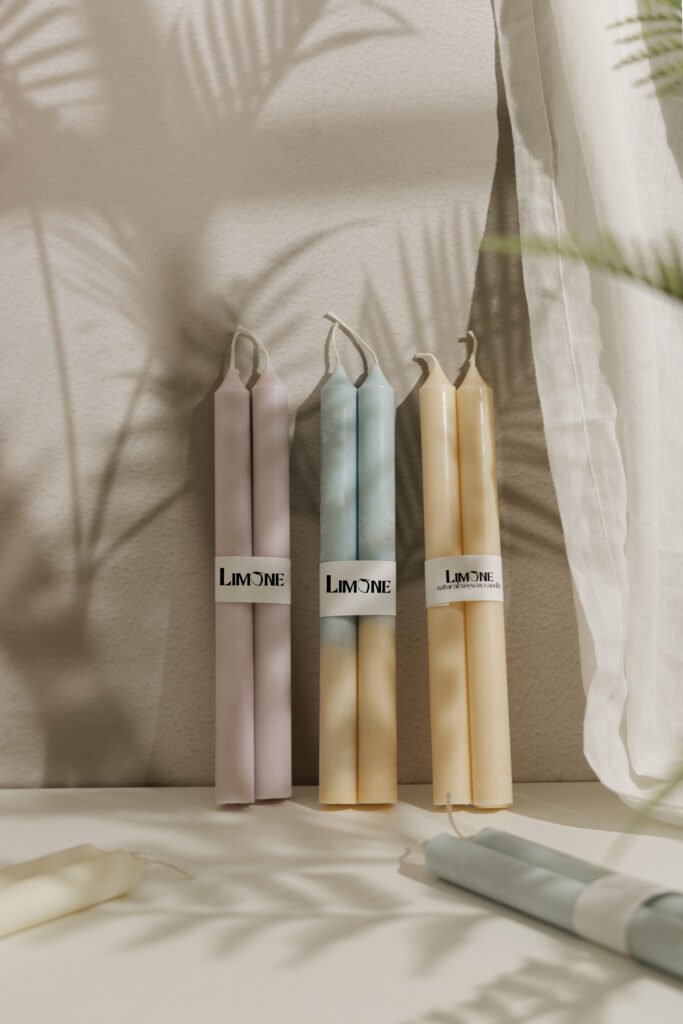
Not testing your candles
Failing to test your candles for performance and safety can lead to disappointing results or even dangerous situations. It’s essential to conduct burn tests on each new batch of candles to ensure they burn properly, have a good scent throw, and are safe for use. These tests will help you identify any issues, such as tunneling, wick mushrooming, or excessive smoking, before you consider selling or gifting your candles. Thorough testing is the key to maintaining quality and customer satisfaction.
Poor wick placement
Incorrectly placed wicks can cause a host of problems, including uneven burning, tunneling, or excessive smoking. To avoid these issues, it’s crucial to center your wicks precisely and secure them in place before pouring your wax. A properly centered wick will ensure that the candle burns evenly, reducing the likelihood of wasted wax and enhancing the overall burn performance. Using a wick holder or centering tool can help keep your wick in place during the pouring process.
Inadequate cooling time | Candle Making Mistakes
Rushing the cooling process can lead to uneven surfaces, sinkholes, or even cracking in your candles. It’s important to let your candles cool slowly and completely at room temperature before handling or packaging them. Rapid cooling can cause the wax to contract unevenly, resulting in imperfections that affect both the appearance and performance of the candle. Patience during the cooling phase is essential for achieving a smooth, professional finish.
Storing candles improperly
Improper storage can compromise the quality of your candles, leading to discoloration, melting, or changes in scent. To preserve their quality and appearance, store your candles in a cool, dry place away from direct sunlight and heat sources. Exposure to high temperatures or humidity can cause the wax to soften or the fragrance to degrade over time. Proper storage not only extends the life of your candles but also ensures they look and smell as intended when it’s time to use them.
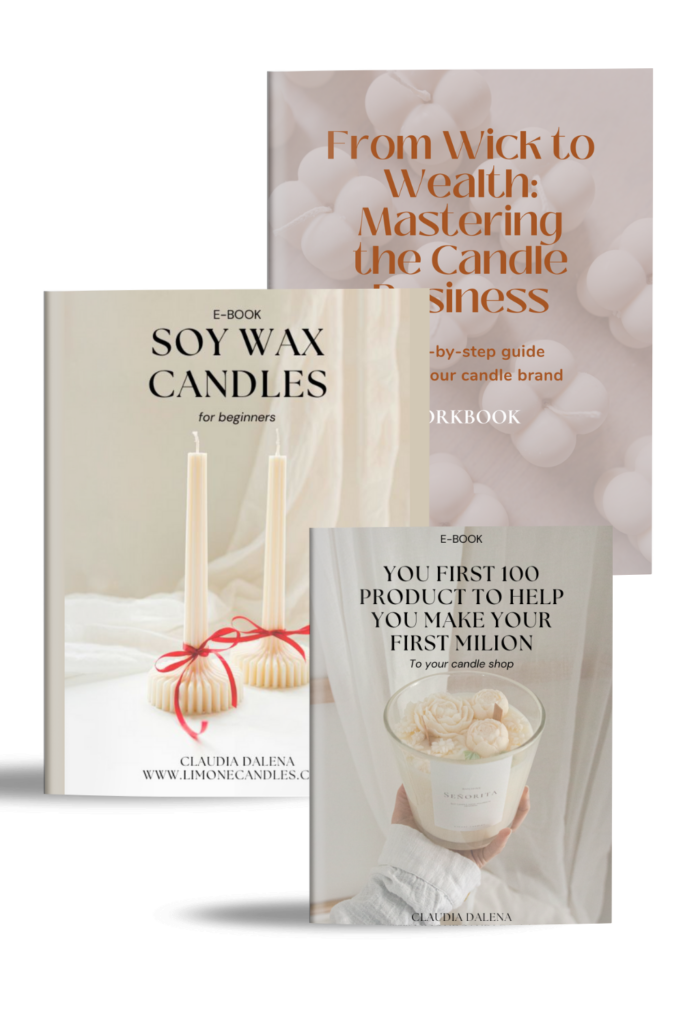
Take Your Candle-Making Skills to the Next Level
If you’re passionate about candles and want to take your skills to the next level, why not consider making your own? Our candle-making e-books is perfect for beginners and enthusiasts alike. You’ll learn everything from selecting the best materials to mastering advanced techniques, ensuring your candles burn beautifully every time. Plus, with our expert guidance, you can avoid common pitfalls like tunneling and create stunning, high-quality candles that will impress everyone.
